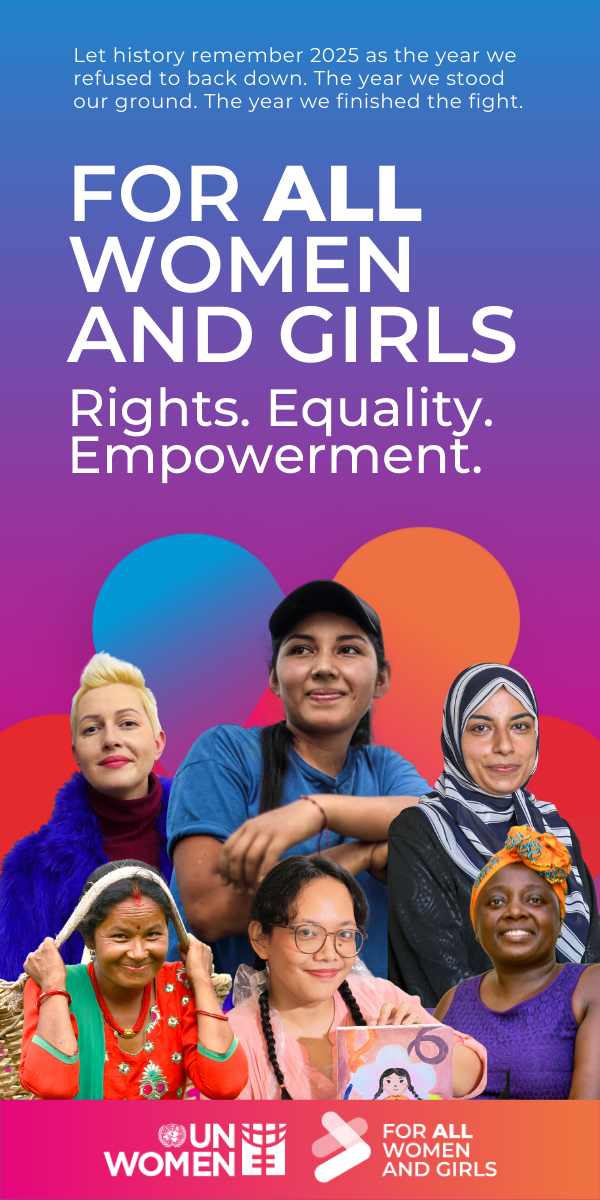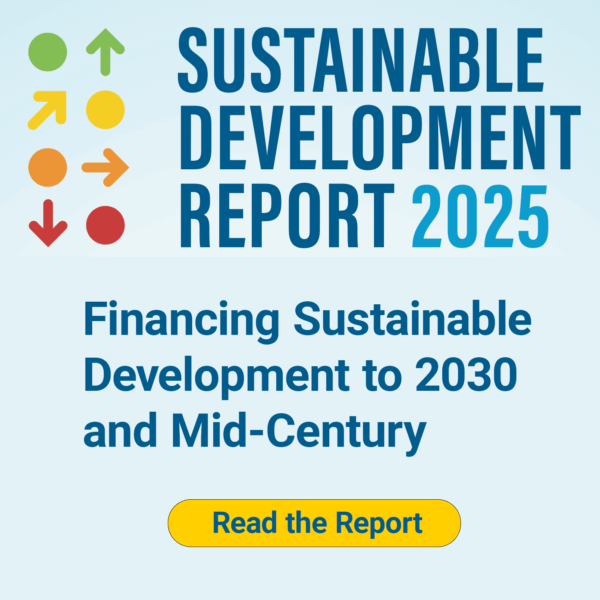Emissions trading systems played a pivotal role in combating acid rain in the 1990s, but their rollout for greenhouse gases has been comparatively slow. What’s holding them back, and what will it take for these systems to help win the fight against climate change?













